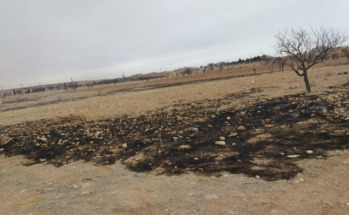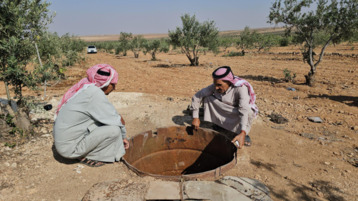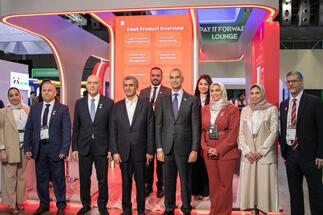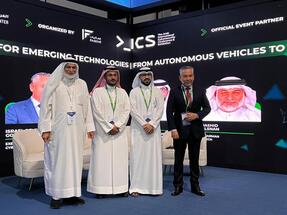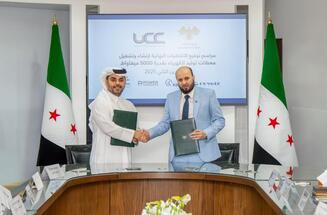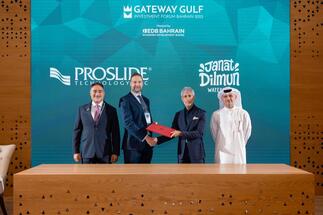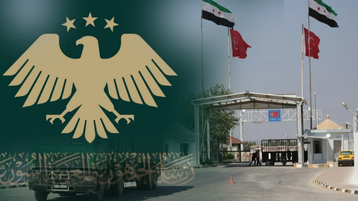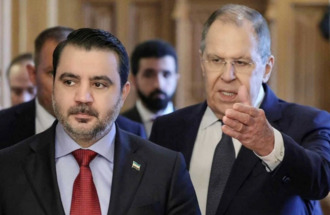-
Could Monaal Talas Be the Ideal Choice for Syria’s Future?
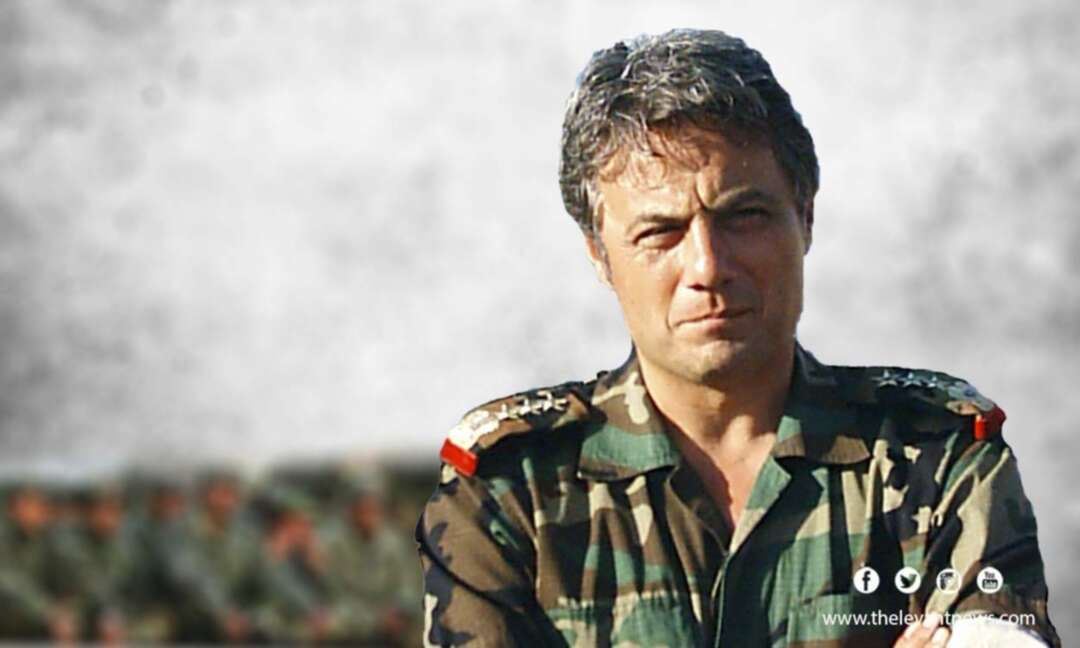
Monaal Talas has long sparked debate about Syria’s future, especially after three decades of work under Assad’s regime and a history intertwined with family ties, political influence, and military professionalism. In previous years, I had a deep relationship with Mustafa Talas, Monaal’s father; I met Mustafa personally, spoke with him, visited his home, and was involved in translating his works, such as the book "Nutt" (Speech), which I contributed to in its preparation and publication for the first time in the Arab world. Mustafa Talas’s extensive relations, connecting key figures in politics and finance, his ties with Turkey, and his contacts in the business world, have paved the way for Monaal Talas to play a central role in Syria’s future.
Monaal has played the role of a mediator amid the conflicting forces during the Syrian crisis, leveraging his connections with Turkey and Saudi Arabia, and trying to initiate dialogue with the Assad regime, despite efforts that have so far failed to persuade him to accept a political solution to end the conflict. Although these efforts have been limited, they demonstrate Monaal’s ambition to establish a political platform — one that today appears as part of international and regional efforts and supports.
Given the current circumstances, Monaal advocates visions focused on restoring national unity and shaping a political future based on local governance, emphasizing the broader concept of self-administration. He supports the idea of establishing a federal system that guarantees development across regions and addresses profound sectarian and regional challenges. He proposes models of governance inspired by the experiences of Germany and the UAE, where regions operate independently but unite within a strong central state, with a professional army consisting of local youth.
In light of unofficial political movements, Monaal’s visits to Turkey and meetings with political officials, including in Ankara, raise questions about Turkey’s potential interest in leveraging his position, especially among Syrian communities that recognize his influence. Many believe Monaal Talas, with his extensive relations and his image as a symbol of secularism and moderation, could serve as a bridge to unify Syrians under a shared administration, away from sectarian parties and old conflicts.
Ultimately, Monaal Talas remains a figure who could either be a solution or an obstacle to Syria’s reconstruction, depending on his ability to reconcile internal consensus with international support. Particularly as the regional and international environment continues to treat him as a possible ally in restoring stability. The world is still watching to see if this man will succeed in pushing forward a project for Syrian unity and overcoming war and sectarian greed.
You May Also Like
Popular Posts
Caricature
opinion
Report
ads
Newsletter
Subscribe to our mailing list to get the new updates!

